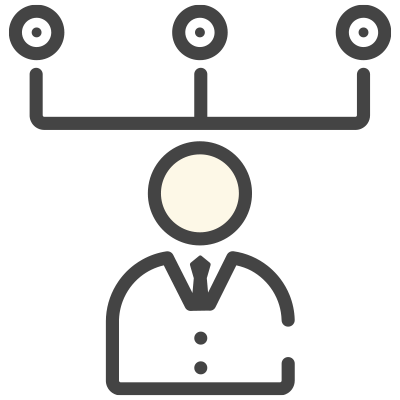
Special Pleading
The special pleading fallacy occurs when the orator ignores certain elements that are unhelpful for their claims, or when one asks for special considerations to be given them or one of their premises.
Example of Special Pleading
- "Yes, I know convicted drug abuse justifies imprisonment. But my son is a good kid, your honor, and just fell in with the wrong crowd."
Though a mother's pleading may be heart wrenching, it is not a valid argument for letting a convicted drug offender out of prison. - "Officer, I know I was speeding, but I am headed to the hospital to visit a sick family member."

Books About Logical Fallacies
A few books to help you get a real handle on logical fallacies.

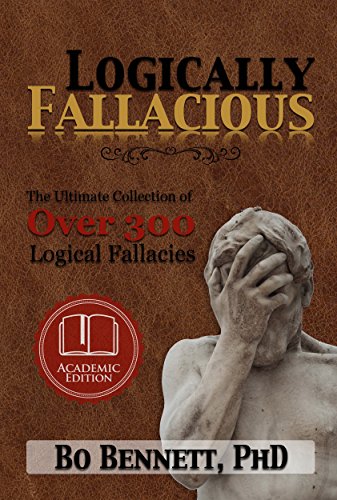
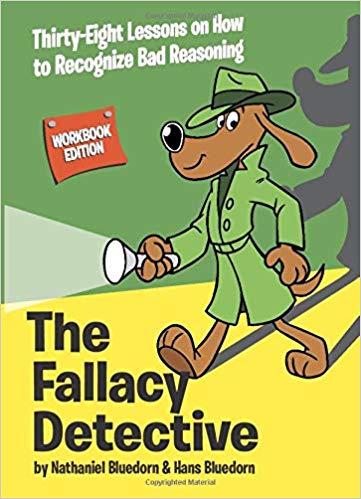
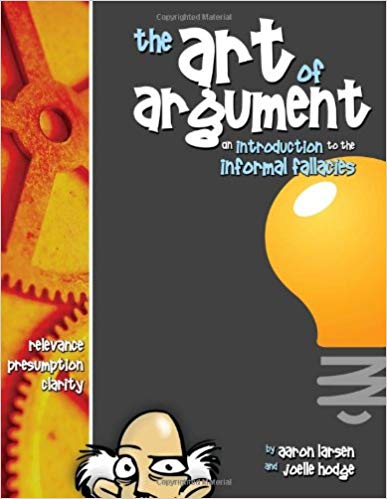
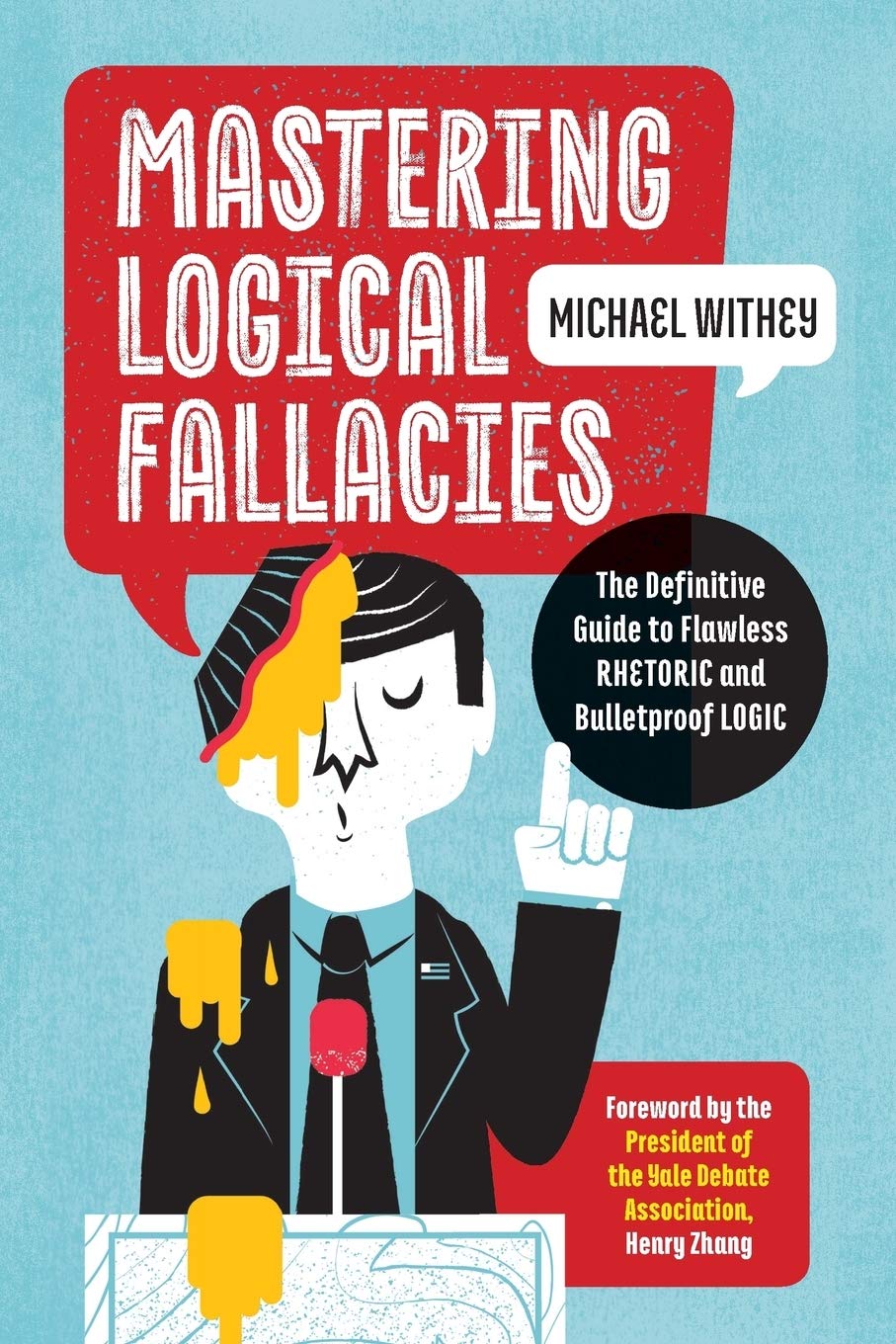
Special PleadingExtended Explanation
The Special Pleading fallacy is an informal fallacy that occurs when an individual applies different standards or rules to themselves than to other people. It is also known as "double standards" or "selective adherence". This fallacy is used to gain an unfair advantage or to escape responsibility for one’s own actions. For example, someone might argue that a certain behavior is unacceptable in other people but acceptable in their own case, even though the same standards should apply.
Special Pleading is an attempt to gain an unwarranted exemption from a general rule or principle. It is a type of logical fallacy that occurs when an individual attempts to apply different criteria to their own situation than to other people's. This is usually done to gain an unfair advantage or to escape responsibility for one’s own actions. In other words, they are trying to have their cake and eat it too.
The most common example of Special Pleading is when someone breaks a rule and then attempts to justify their actions by claiming that they are special and should be exempt. For example, a student who has been caught cheating on a test might argue that everyone else was doing it so they should not be punished. This is a form of Special Pleading because the student is trying to be held to a different standard than their peers.
In addition to being used to gain an unfair advantage, Special Pleading can also be used as a way to avoid criticism or responsibility for one’s own actions. For instance, someone might argue that they are not responsible for a certain mistake because they are special, despite the fact that everyone else is held to the same standards.
The Special Pleading fallacy is often used as a way to manipulate others or to avoid taking responsibility for one’s own actions. It is important to keep in mind that everyone should be held to the same standards and that attempting to gain an unfair advantage through Special Pleading is not an acceptable practice.